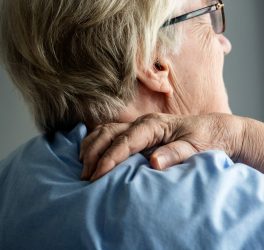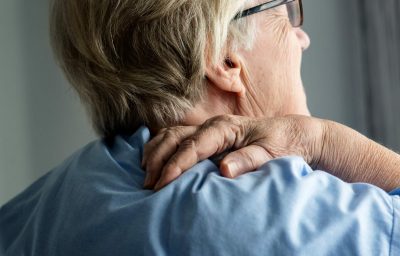A new study from researchers at the Johns Hopkins Bloomberg School of Public Health found that more than one in five older adults who were aging in place with a mobility or self-care disability reported experiencing negative consequences such as having to stay in bed or going without eating due to no one being available to help or the activity being too difficult to perform alone. The study also found that Medicare spending was higher for this group as compared with older adults with disabilities who did not experience negative consequences.
The findings, published online May 28 in the Annals of Internal Medicine, emphasize the importance of non-medical care and supports for older adults who continue to reside in the community.
“The data allow us to see on a granular level how many people are in situations where they don’t receive the help they need to perform daily activities,” says Jennifer Wolff, PhD, the study’s lead author and director of the Roger C. Lipitz Center for Integrated Health in the Department of Health Policy and Management. “We are able to link that number to a public payer like Medicare and see how much extra the public is paying for services to older adults due to lack of adequate support with basic daily activities.”
By the end of 2018, nearly 60 million people were enrolled in Medicare: expenditures are well over $700 billion dollars. An estimated 15 million Medicare beneficiaries are living in the community with disabilities, and Medicare spending is much higher in this group.








